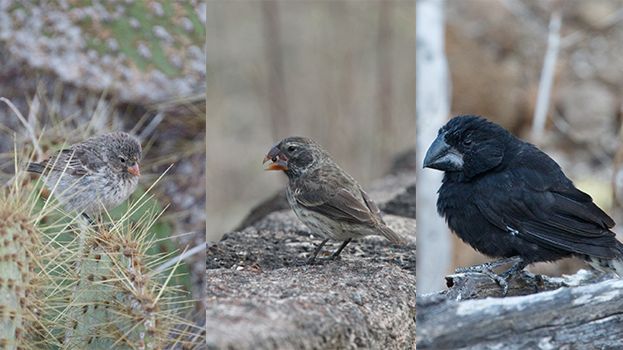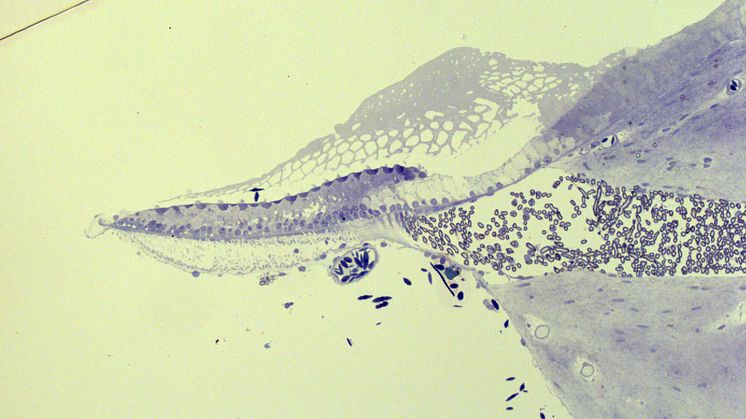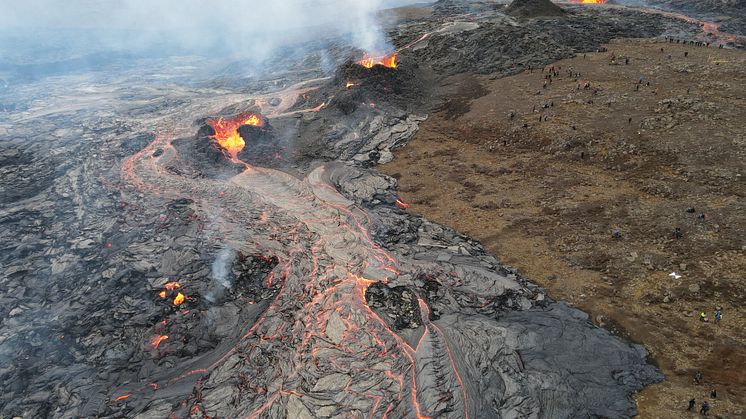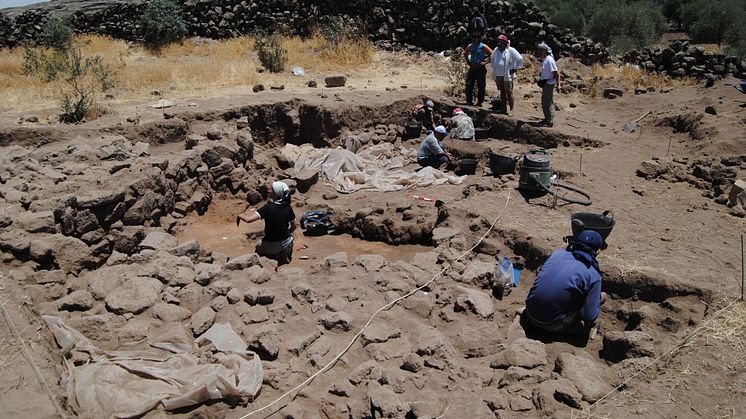DNA Gives Clues to Clean and Effective Energy Production
Researchers from several universities have, by studying helical molecules in the body such as DNA, received clues as to how energy production in fuel cells can be made more efficient without admixture of carbon dioxide and heavy metals. The new research shows how the helical molecules, found naturally in all oxygen-dependent life, catalyses energy production in the cells.



